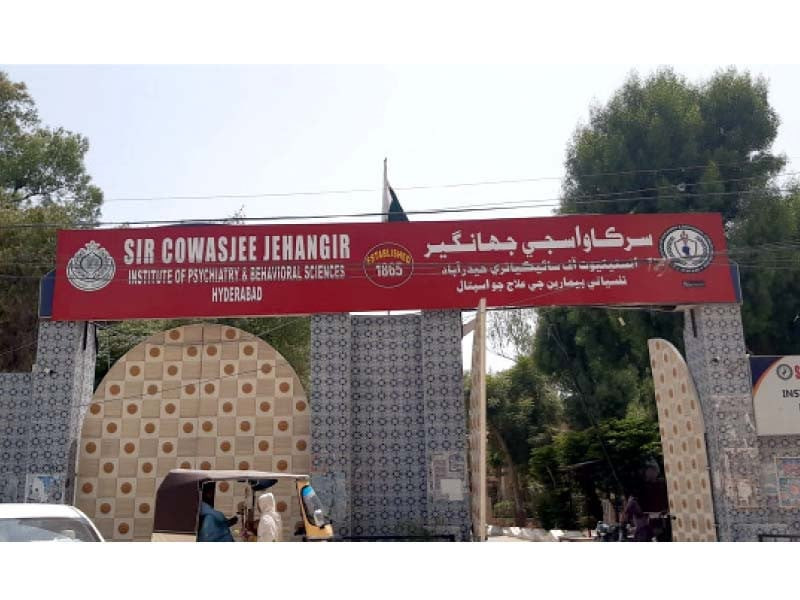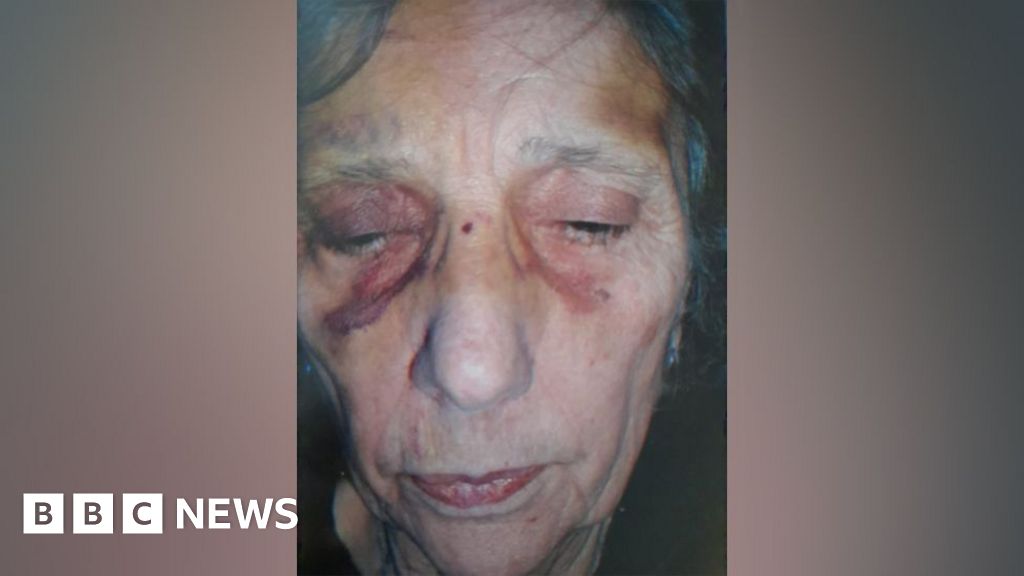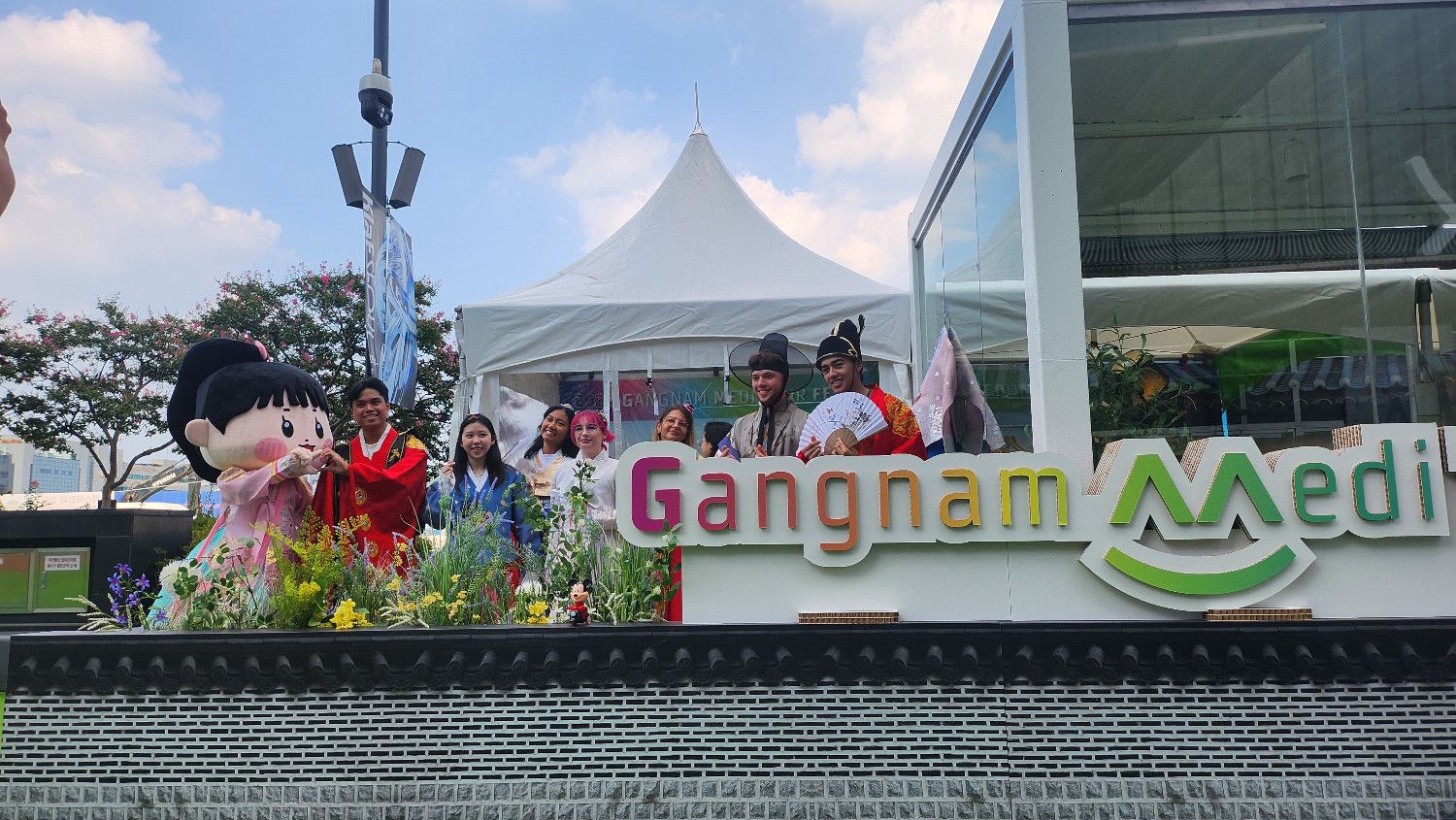Sindh’s largest mental healthcare centre short of staff

HYDERABAD:
A shortage of doctors and staff, infrastructure issues and absence of art and sports activities have for long been hampering the rehabilitation and treatment of the patients at Sir Cowasjee Jehangir Institute of Psychiatry and Behavioral Sciences, Hyderabad.
The sordid state of affairs at the province’s largest mental healthcare facility has been officially recognised and communicated to the provincial health department.
After the Sindh Human Rights Commission (SHRC) dug out a host of problems during a fact finding visit of the institute on March 20, the commission’s Chairman Iqbal Ahmed Detho on Monday sent a letter to the Sindh health secretary. A four-page report on findings and recommendations was also attached to the letter.
“Despite its unique nature, the institute faces myriads of challenges in fulfilling its mandate effectively,” Detho highlighted in the report. “From staff shortage to infrastructural limitations, the institute grapples with countless obstacles that impede its ability to provide optimal care to the patients.”
The 19th century facility consists of the outpatient department (OPD), narcotics ward, psychiatric emergency unit, women’s ward, sub-acute and treatment trial wards and the forensic ward for under-trial prisoners.
Findings
At least six positions of psychiatrists and 48 of the lower staff are lying vacant in the hospital. The budget constraints have also been underlined in the report. There are only two ambulances at the hospital which were bought 30 years ago.
On March 8 the DG health services wrote a letter to health secretary, forwarding a letter of secretary Sindh Mental Health Authority (SMHA) requesting for provision of ambulances for the hospital. The authority had reminded the health department of Sindh Chief Minister Syed Murad Ali Shah’s promise made during inauguration of two buildings at the institute on November 17, 2022, about providing new ambulances.
The SHRC also drew attention towards the absence of indoor and outdoor sports activities and music therapy especially for the patients receiving treatment for substance abuse. Both these activities are considered an essential part of rehabilitation. The patients admitted for long term also do not receive technical training.
Two days after SHRC’s visit to the institute, Medical Superintendent Dr Nisar Ahmed Sohoo wrote to the Sindh Culture Department on March 22 to extend cooperation in arranging music therapy for the patients. He pointed out that there are around 500 patients who would require this therapy.
According to him, although the institute arranged music therapy sessions, it lacked qualified music instructors as well as musical instruments. He believed that if the culture department can provide music teachers and equipment the institute will be able to take treatment of patients to the next level.
The commission found during the visit that the institute’s population of elderly persons has been rapidly growing but specialised care for elderly persons appeared missing. In all there are eight female and one male patient, who neither know about their family or relatives nor the institute has well the information about them.
The oldest among these nine patients, Neelam, was admitted on March 12, 1986. Another patient, Hameeda, was brought to the hospital on June 23, 1998. Nighat Sultana is the most recent admission, she was brought to the hospital on September 18, 2023.
On January 22, the MS wrote to the National Database and Registration Authority (NADRA) to trace families of two of such male patients. But, interestingly, the name of one of the patients was not even written in that letter and only registration number and date of admission were stated.
Recommendations
The SHRC has called for urgently hiring doctors and other staff because an incommensurate number of the health workers has been directly affecting the patients. It suggested to the health department to increase the budget of the hospital and provide the required number of ambulances.
The commissioner proposed that an effective plan should be worked out to upgrade and maintain the buildings of the institute as well as the furniture and fixtures. It advised the department to engage the Sindh Technical Education and Vocational Training Authority (STEVTA) with the institute so that the patients could get skill-based and non-formal education.
The commission strongly recommended that separate old age homes should be built for male and female patients in the institute.
The SHRC emphasised for the effective implementation of the Sindh Mental Health Act, 2019, and its draft rules. Greater collaboration with non-governmental organisations and introduction of the projects under the public-public-private partnership basis has also been proposed.
Published in The Express Tribune, April 19th, 2024.
link






